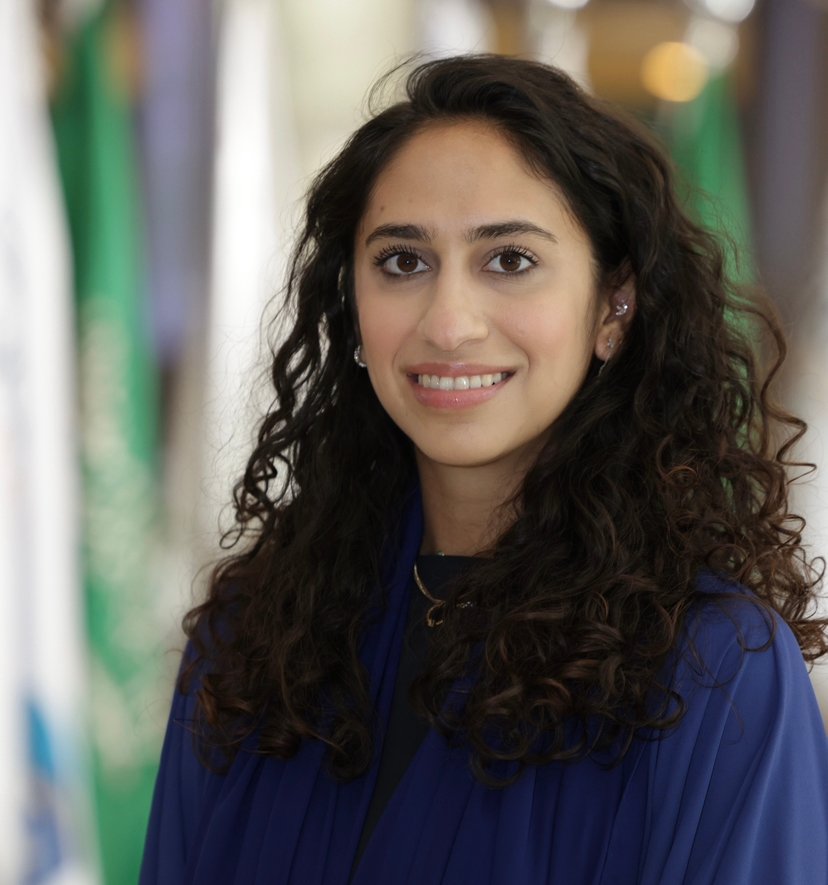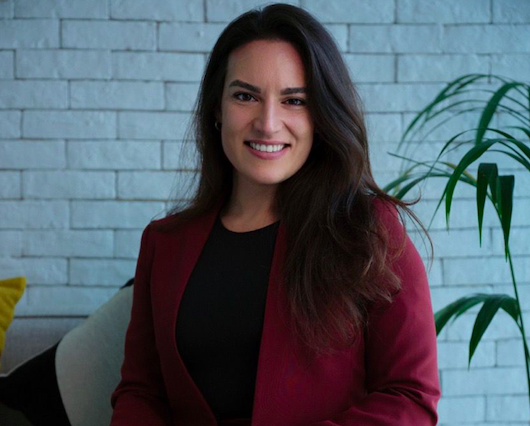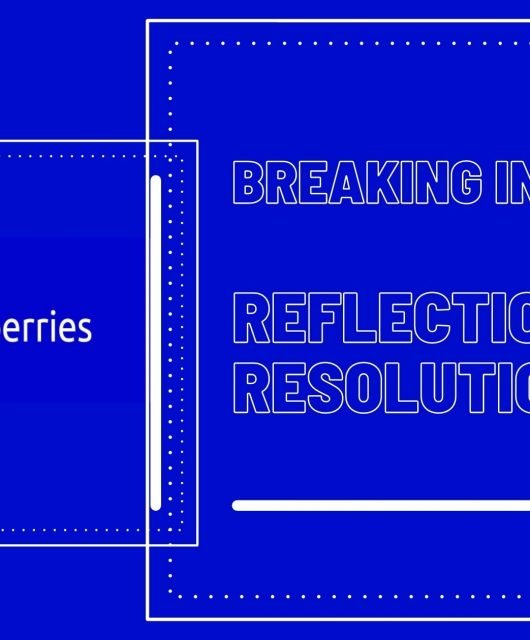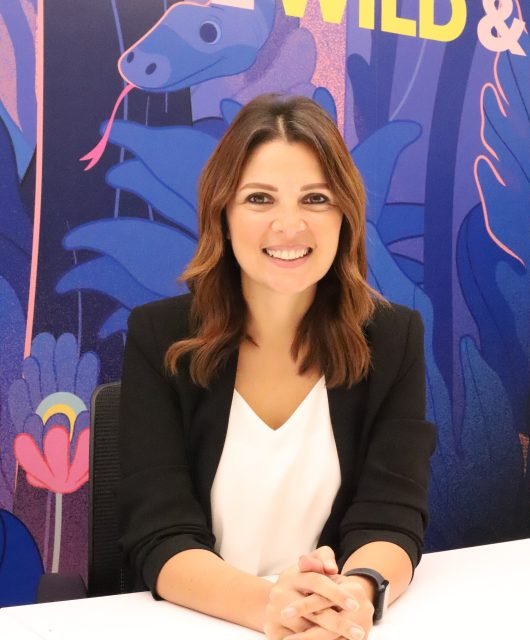The Wonder Women of MENA: PepsiCo’s Tala Alem

Tala Alem, Corporate Affairs and Sustainability Lead, GCC at PepsiCo
Tala Alem is the Corporate Affairs and Sustainability Leadfor the GCC at PepsiCo. She drives the sustainability agenda across the local business in Saudi under the umbrella of PepsiCo’s global sustainability framework, PepsiCo Positive, and in alignment with Vision 2030. She is responsible for crafting the narrative in Saudi across agriculture, water, energy, plastics, and packaging, highlighting PepsiCo’s efforts across these different pillars. Her main priority is to support the business in achieving the ambitious goals under PepsiCo Positive, and to help position PepsiCo as a leader in sustainability, and a key supporter for the government in developing the circular economy landscape in the Kingdom.
Tale comes from a Marketing & Communications background, previously working as Corporate Communications Manager at PepsiCo, focused on corporate reputation building in Saudi through content development, deploying strategic campaigns on sustainability and social initiatives and developing key local partnerships. Prior to that, she was the Head of Digital at FP7 in Riyadh, where she led the client servicing team on digital marketing and social media management scopes. After completing her education, Tala worked as a Sales Assistant in New York Times Syndicate in Paris, and then held a project management role at Proximity BBDO in Paris, working on Procter & Gamble’s CRM program that was live in 32 countries.
She holds a BA in Integrated Marketing Communication from the American University of Paris and an MA in Visual Communication from INSEEC Paris.
THOUGHTS ON THE INDUSTRY IN 2024
The year 2024 feels like a pivotal moment for climate action in the Middle East. In particular, the Kingdom is undergoing a remarkable transformation, and as a nation that has been heavily reliant on its oil reserves, we are at a critical crossroads. As a young Saudi leader in the space, I can’t help but feel a sense of urgency.
Witnessing the growing emphasis on environmental and social responsibility within Vision 2030, I recognized an opportunity to align my corporate communication skills with a cause I deeply cared about. In addition to minimizing our environmental impact, I believe that the sustainability sector can have a critical role in empowering communities and driving positive collective action.
Embracing sustainable practices isn’t just about environmental responsibility; it’s about ensuring long-term food security and economic stability for a growing nation. That’s where the magic happens – at the intersection of necessity and invention.
The true potential of Saudi Arabia’s green and sustainable future lies in fostering an ecosystem where private sector companies like PepsiCo, with our well-established value chains and our global experience, join forces with the public sector’s vast resources and policy frameworks. Add to that the cutting-edge research coming out of local institutes, and the burgeoning Saudi startup scene. These elements combined can really make the Kingdom, and the rest of the Middle East, a powerhouse of sustainable innovation and technology.
One way that PepsiCo is proud to be contributing to the development of this ecosystem, is by partnering with SABIC and launching the Mega Green Accelerator. The program is designed to support regional startups to scale their sustainability solutions, through leveraging cross-sector partnerships. We are looking for entrepreneurs and startups that are working on climate solutions from across the Middle East to join this program that aims to bridge the gap between startups and the networks they need, from mentorship and critical exposure to investment communities and research communities, to legal and financial advice.
By fostering collaboration between established players and these young minds, we can unlock solutions that are specifically tailored to address the region’s unique challenges.
Following the progressive discussions and commitments that took place at COP28, what I expect (and hope!) to see is a surge in financial backing for sustainable projects, as investors recognize the long-term benefits of environmental considerations. And as Saudi Arabia prioritizes sustainability, we can already see a rise in investments directed towards precision agriculture, renewable energy sources, and minimizing water usage in food production.





